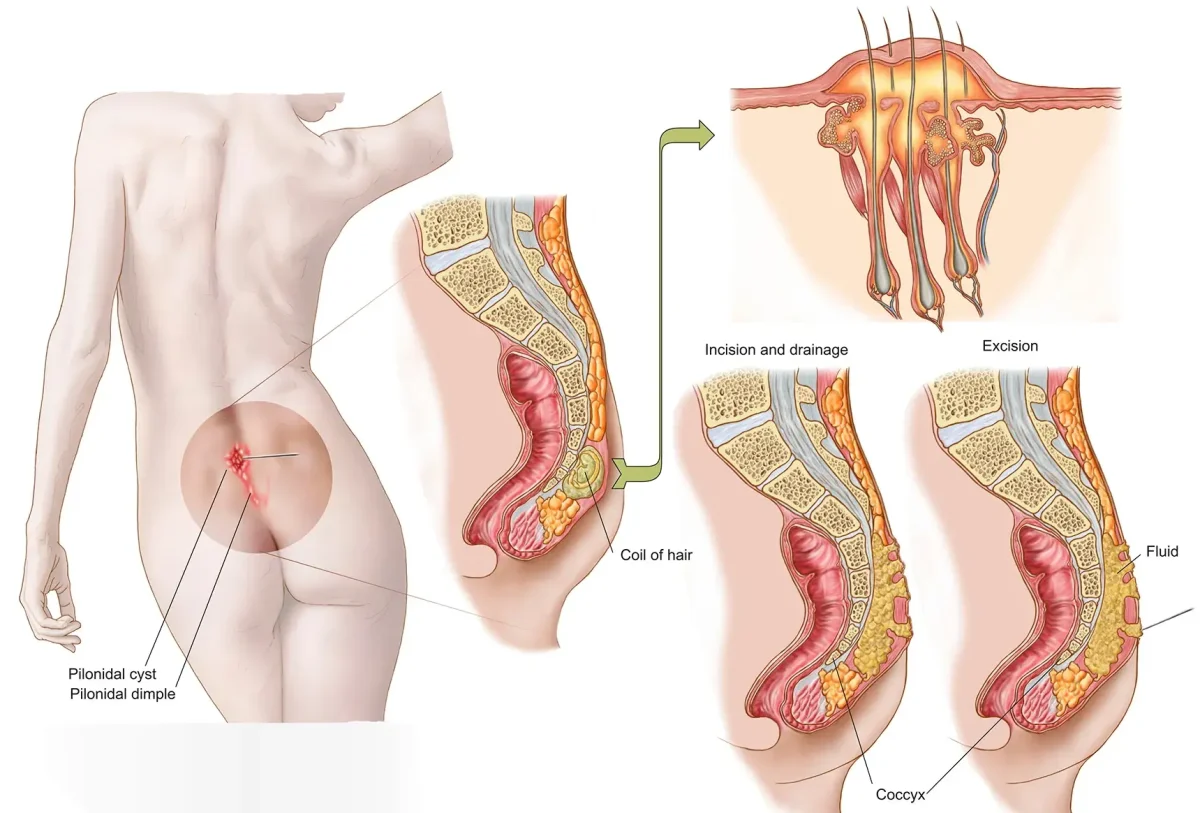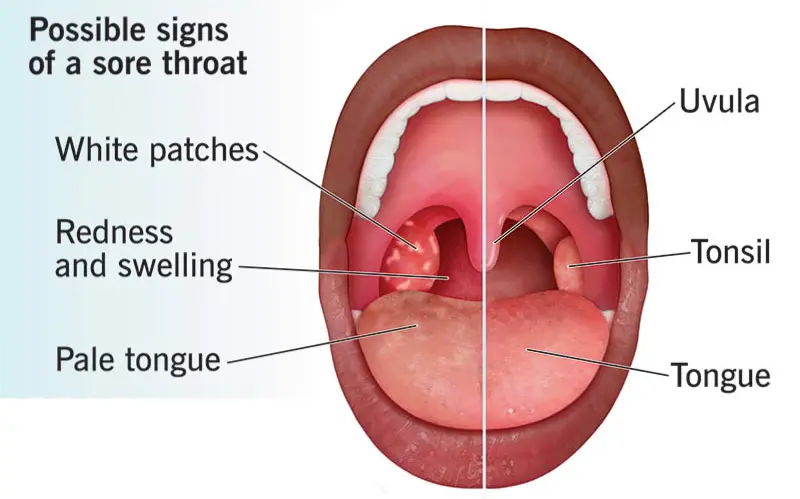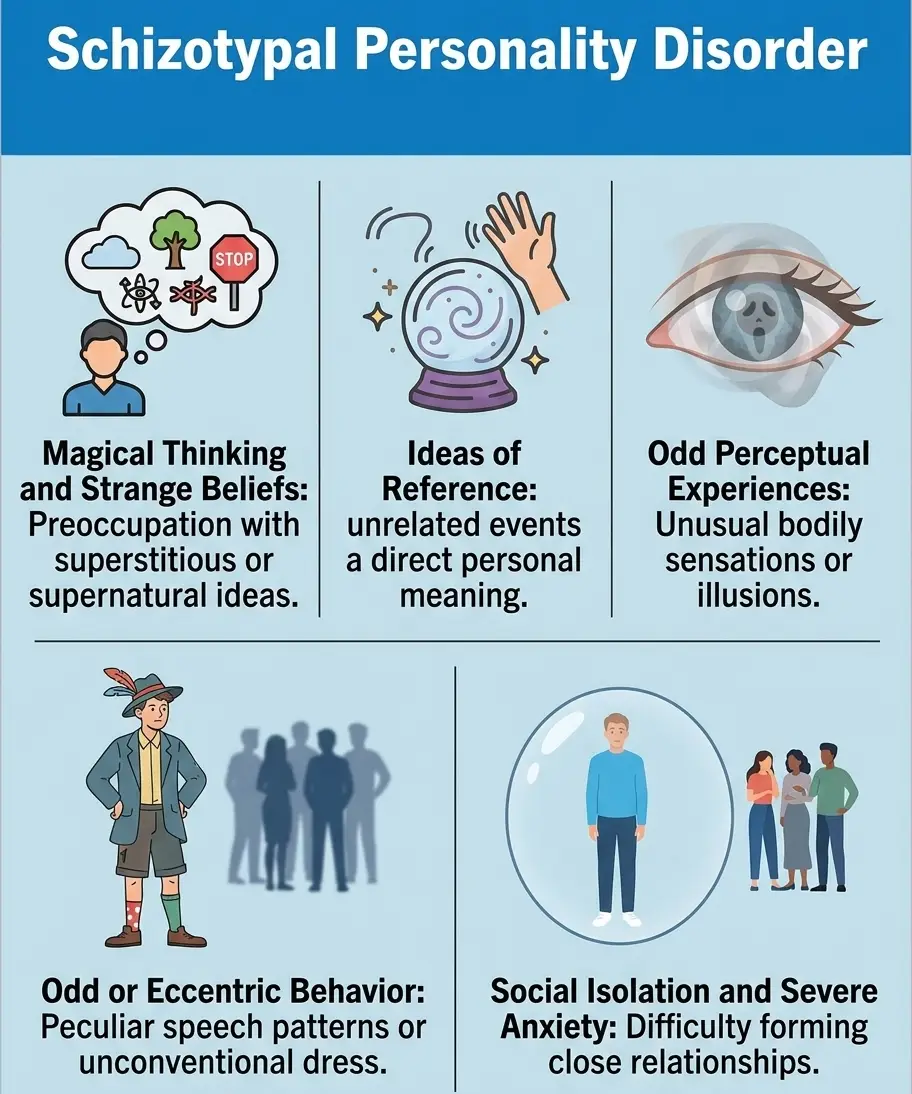Pituitary tumors are unusual growths that develop in the pituitary gland. This gland is an organ about the size of a pea. It’s located behind the nose at the base of the brain. Some of these tumors cause the pituitary gland to make too much of certain hormones that control important body functions. Others can cause the pituitary gland to …
Pinworm Infection
Pinworms, also called threadworms, are parasitic worms that live in the intestines and rectums of infected people — most commonly children. Pinworms are small and thin (about ¼ inch to ½ inch long), and white or light gray. Pinworms are called Enterobius vermicularis. A pinworm infection is called enterobiasis. Your child will need treatment if they have a pinworm infection. Luckily, pinworms don’t usually cause …
Pineoblastoma
Pineoblastoma is a cancerous (malignant) brain tumor in your pineal gland. This type of cancer grows quickly and can spread to tissue and fluid around your brain. What is the pineal gland? The pineal gland is a tiny, pinecone-shaped gland in the middle of your brain. This gland secrets the hormone melatonin, which helps regulate your body’s circadian rhythm. Circadian rhythms are changes that your …
Pinched Nerve
A pinched nerve is a broad term for a compressed peripheral nerve (the nerves outside of your brain and spinal cord). Tissues that surround your nerves — like bones, ligaments and muscles — can put pressure on them and “squeeze” them. This typically causes symptoms like numbness, tingling and pain. “Pinched nerve” isn’t a technical medical diagnosis. Healthcare providers diagnose more specific causes and consequences of pinched nerves, like spinal stenosis and radiculopathy, for example. …
Sacral Dimple
Sacral Dimple is a small indentation or pit in the skin located just above the crease between the buttocks, near the lower back. It is a common congenital condition, meaning it is present at birth. In most cases, a sacral dimple is harmless and does not cause any health problems. Simple sacral dimples are typically small, shallow, and located close …
Pheochromocytoma
A pheochromocytoma (pronounced FEE-oh-KROH-moh-sy-TOH-muh) is a rare tumor that forms in the center of one or both of your adrenal glands (adrenal medulla). The tumor is made of a certain type of cell called a chromaffin cell, which produce and release the hormones that cause the “fight or flight” response. Usually, pheochromocytoma affects only one adrenal gland, but it can affect both …
Phenylketonuria (PKU)
Phenylketonuria (PKU) is a genetic condition that causes elevated levels of a substance called phenylalanine to build up in your body. Phenylalanine is found in the body as part of normal biochemical pathways, but problems arise when levels are persistently higher than normal. Phenylalanine is an amino acid. Amino acids are molecules that form proteins. Many of the foods you eat …
Sore Throat
A sore throat is pain, irritation, or scratchiness in the throat that often worsens when swallowing. It is a common symptom that can affect people of all ages and is usually caused by infections or environmental factors. Most sore throats are mild and resolve on their own, but some may indicate a more serious condition that requires medical attention. Symptoms …
Personality Disorders
A personality disorder is a mental health condition that involves long-lasting, all-encompassing, disruptive patterns of thinking, behavior, mood and relating to others. These patterns cause a person significant distress and/or impair their ability to function. There are 10 types of personality disorders, each with different characteristics and symptoms. Personality is vital to defining who we are as individuals. It involves …
Schizotypal Personality Disorder
Schizotypal Personality Disorder and Schizoid Personality Disorder are not the same condition. Although both are classified as personality disorders and share some similarities such as social detachment, they have important differences in thinking patterns, behavior, and emotional expression. Schizotypal Personality Disorder is part of the schizophrenia spectrum and involves unusual beliefs and perceptual experiences. Schizoid Personality Disorder primarily involves emotional …


